AUGUSTA — Instead of sitting in a classroom Tuesday at Winthrop High School, 17-year-old Andrew Balcer was standing at a table next to his defense attorney and listening to a judge outline the next step in the murder proceedings against him.
Balcer, seen at Capital Judicial Center with bright red fingernails, faces two counts of knowing or intentional murder in connection with his parents’ deaths Monday in Winthrop.
The boy’s defense attorney, Walter McKee, did not object to the state’s request for a diagnostic psychological evaluation of Balcer, a step required by statute since the prosecutor, Assistant Attorney General Megan Elam, has requested a hearing that would allow Balcer to be treated as an adult in court.
Judge Eric Walker also ordered the probable cause affidavit — a detailed police account of the allegations — to be sealed from public viewing. The charging document filed in court does not specify how Antonio or Alice Balcer, both 47, were killed.
Police were called about 1:45 a.m. Monday to the Balcer home at 10 Pine Knoll Road in Winthrop and found the bodies.
Balcer, who will turn 18 on Dec. 3, said little in court Tuesday except to identify himself to the judge. At the hearing, the boy kept his hands clasped behind his back, red nail polish visible on his fingernails. Five deputies were in the courtroom for security.
Balcer is as tall as his defense attorney, McKee, but wider in the shoulders. Balcer read over some of the court documents with McKee when he first was escorted into the room.
Balcer wore a gray long-sleeved sweatshirt over a blue shirt and blue pants, and his dark hair reached his collar. He was arrested hours after the bodies were found and spent Monday night at the Long Creek Youth Development Center in South Portland, and he will continue to be held there.
Tuesday’s proceeding was classified as a detention hearing.
Walker granted the state’s request to keep Balcer in custody. McKee said he did not object at this point but might seek a hearing to have that changed later.
Walker said he found probable cause to believe that Balcer had committed an act of murder that would be a class A, B or C crime — a felony — if committed by an adult, and he would order Balcer held but allow that to be reviewed at a later date.
The judge read through the statute governing the purposes of detention: to ensure presence of the juvenile at hearings, “to provide physical care for a juvenile who can not return home because there is no parent or other suitable person willing and able to supervise and care for the juvenile adequately,” to prevent the juvenile from hurting witnesses or others, and to protect the juvenile from an “immediate threat of bodily harm.”
Balcer’s next court hearing, an initial appearance, is scheduled for 1 p.m. Nov. 17, also at the Capital Judicial Center.
Watching the brief hearing were a dozen members of the news media, a juvenile community corrections officer, several defense attorneys and a half dozen members of the Maine State Police.
Just before it started, six other people who appeared to be family members or friends of the Balcers came in with the victim witness advocate for the attorney general’s office and filled up one of the rows.
Those same people went into a conference room afterward, and McKee came in and spoke to them briefly.
The judge explained at the beginning of the hearing that no photographs or videos or other electronic devices were allowed in the juvenile proceeding. The reporters instead used pen and paper.
McKee declined to speak after the hearing. Earlier he said he would do so only if the prosecutor talked to the press.
The Balcer family members who watched the hearing also declined to speak to the press, as did Elam.
Betty Adams — 621-5631
Twitter: @betadams
Send questions/comments to the editors.



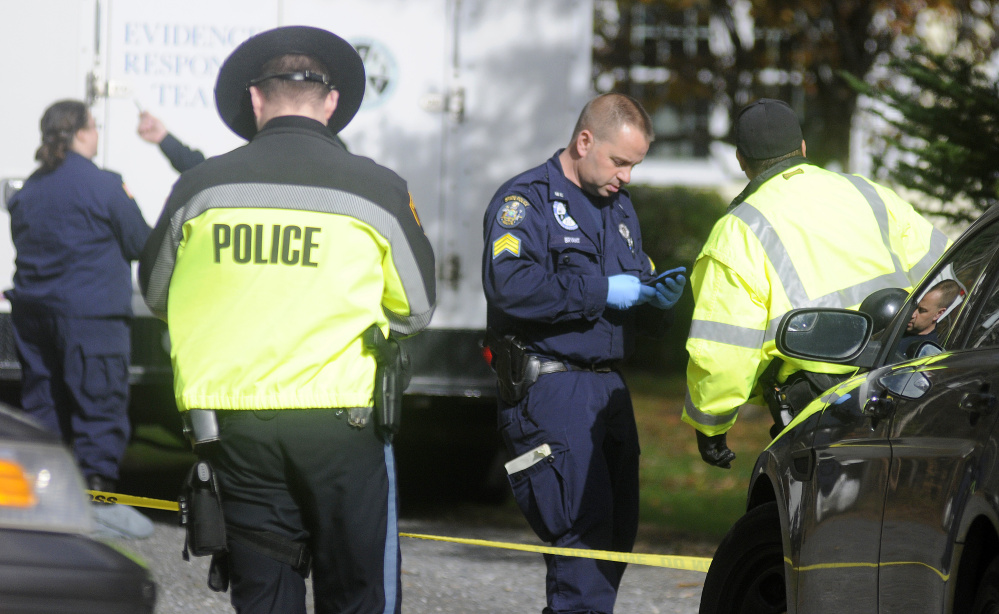
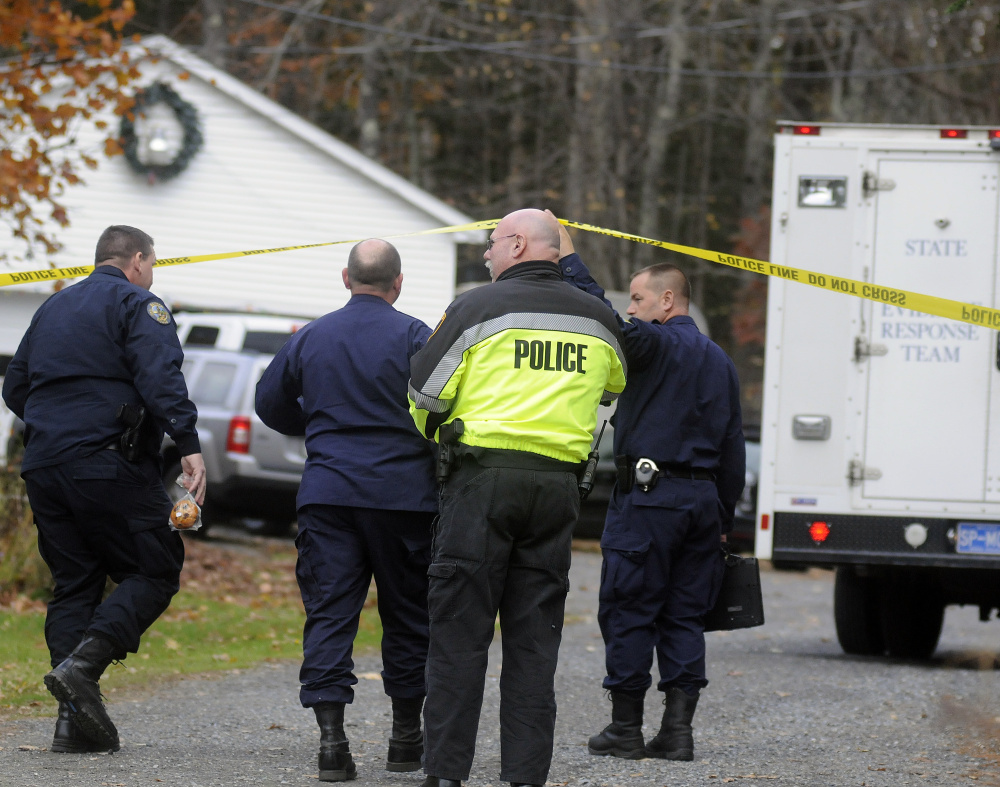
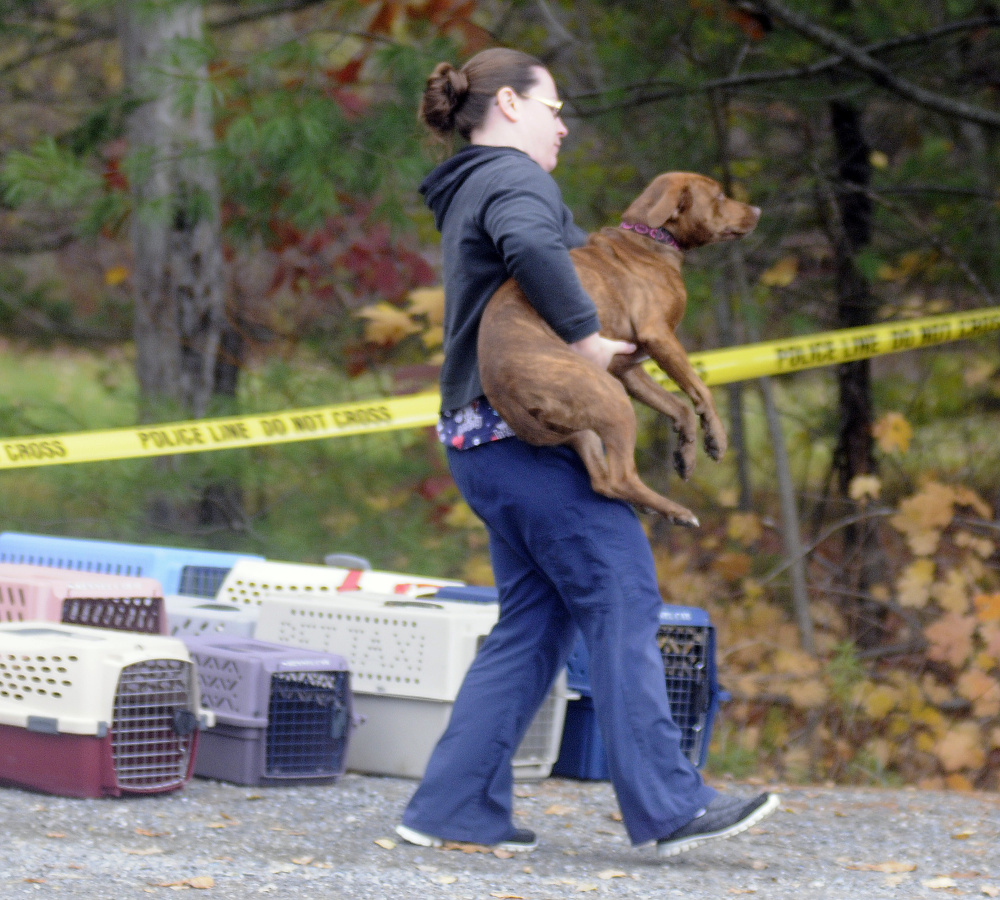
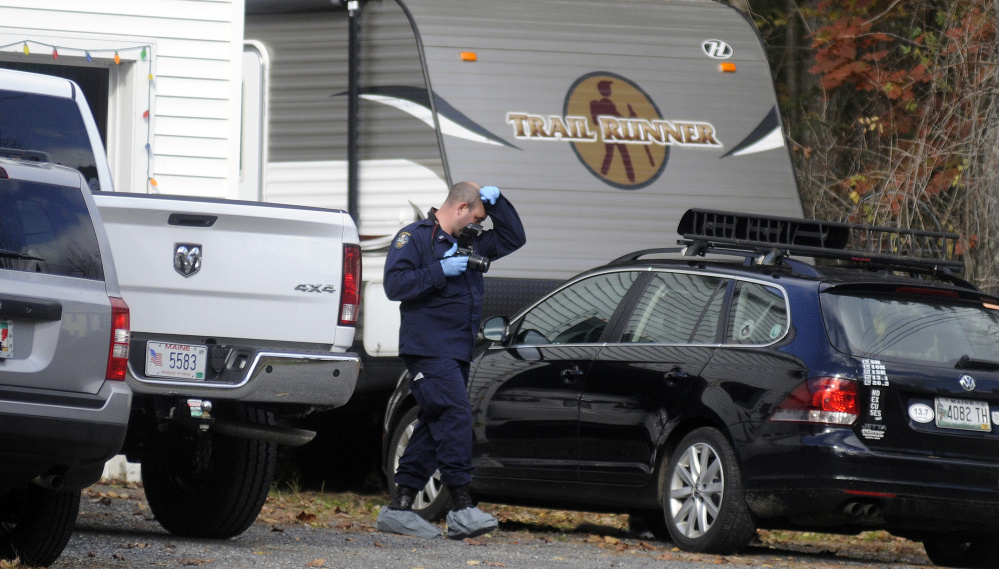
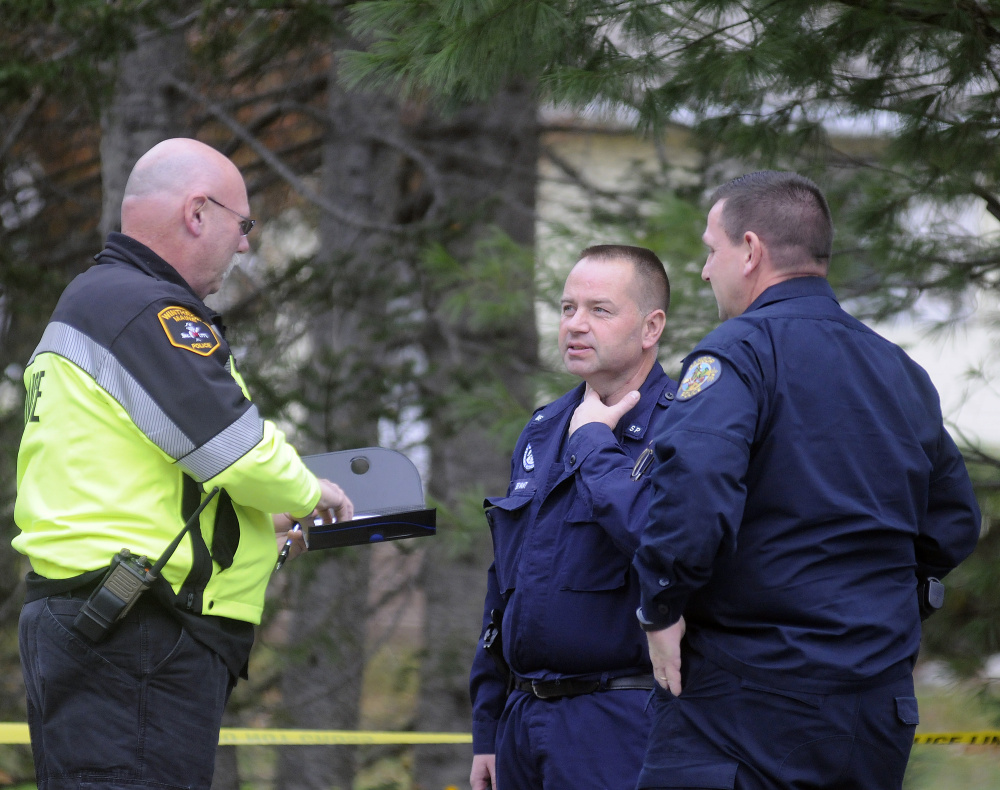
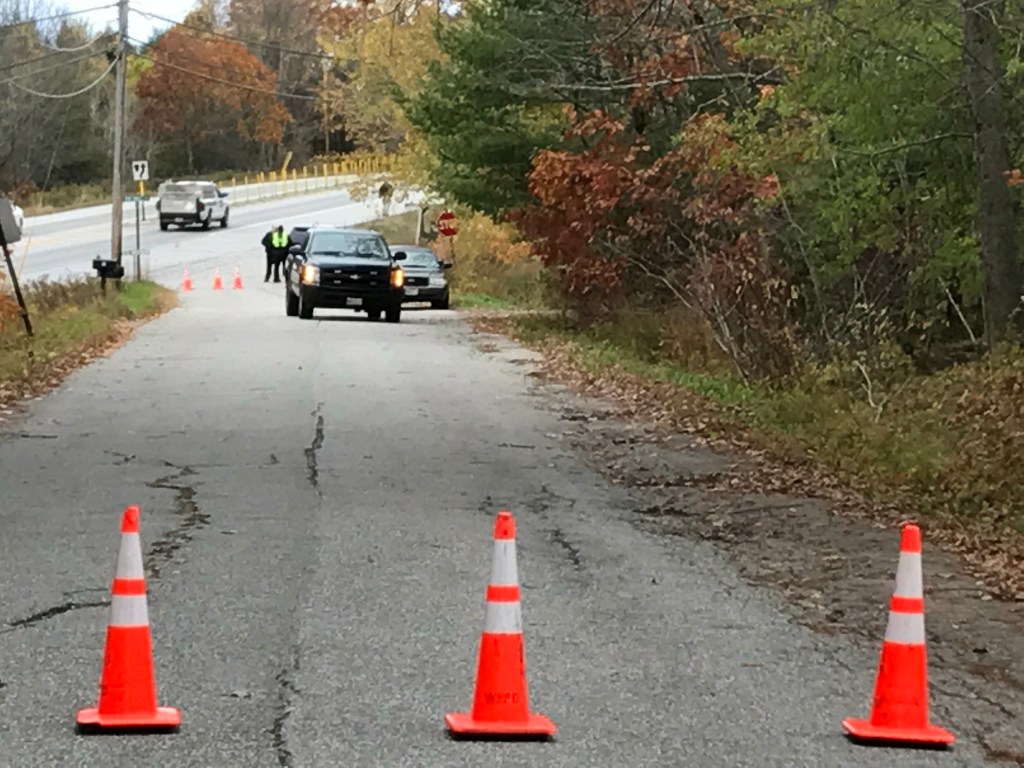
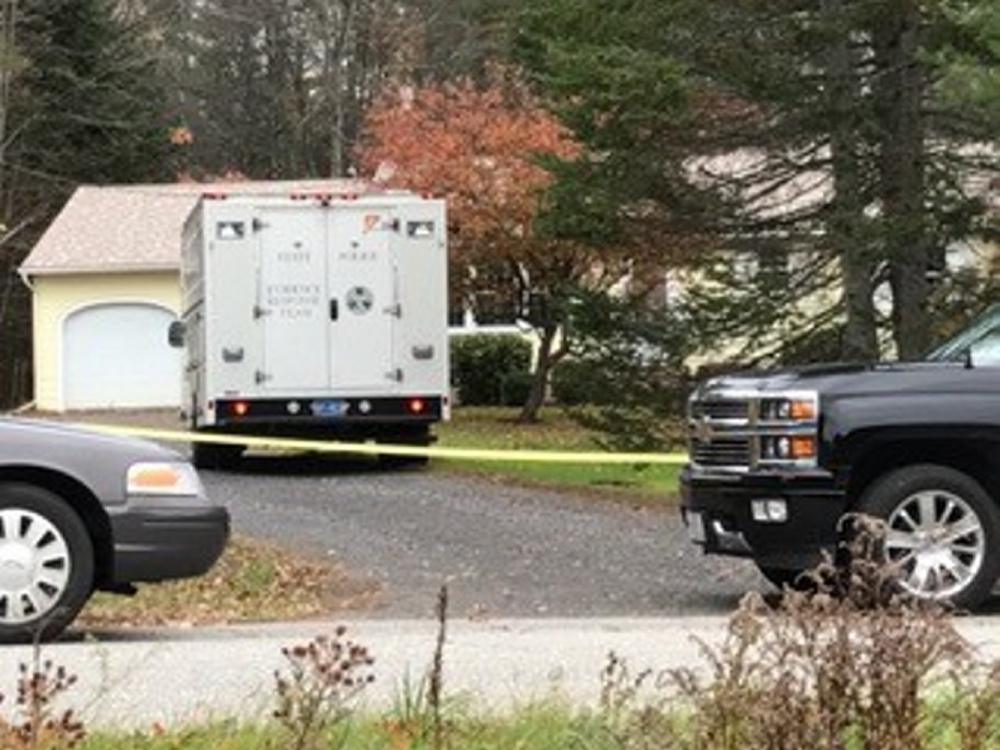
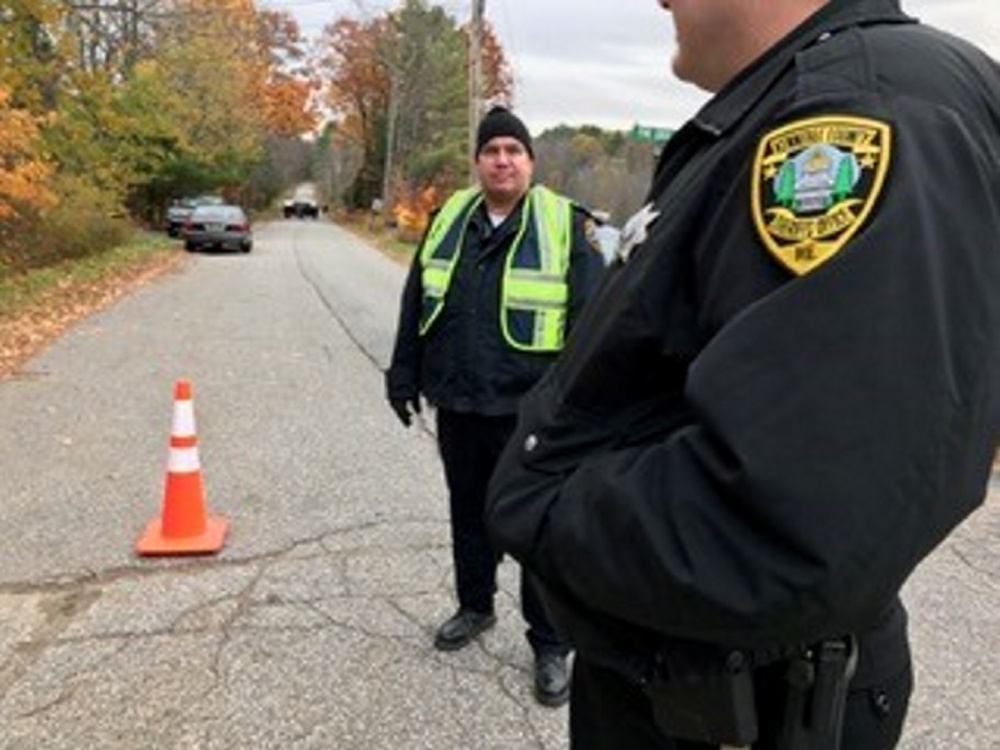


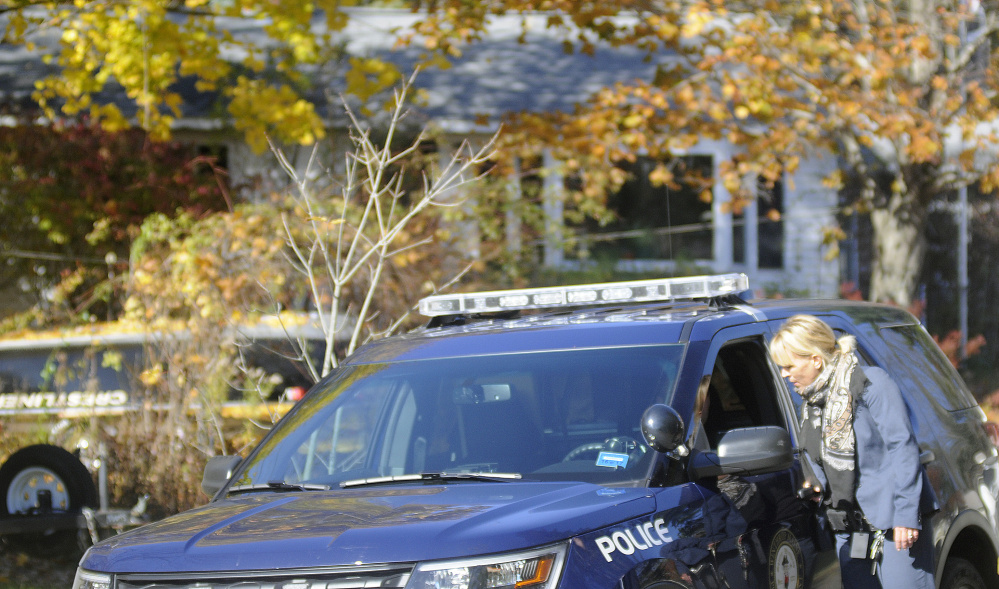
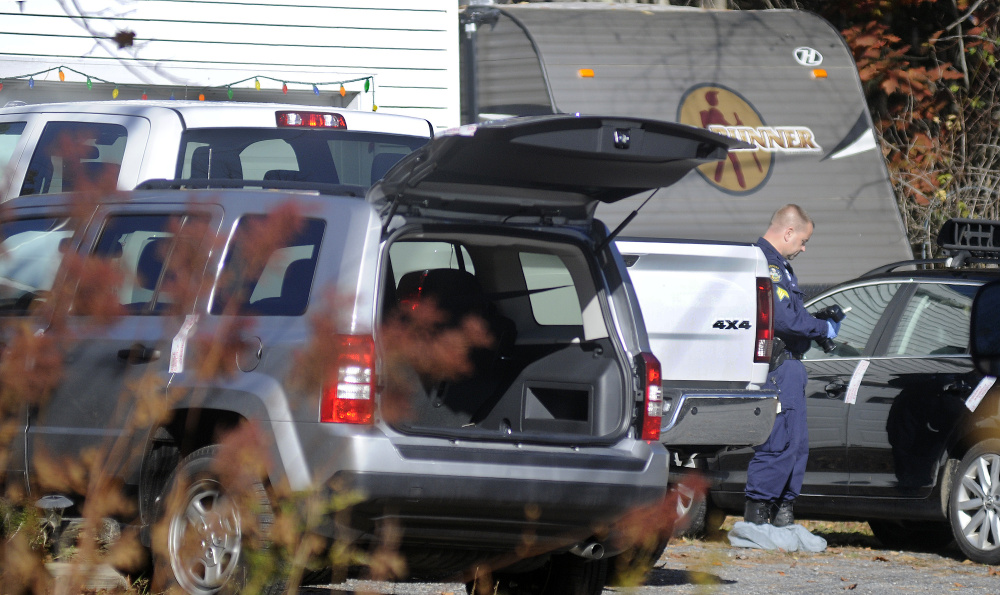
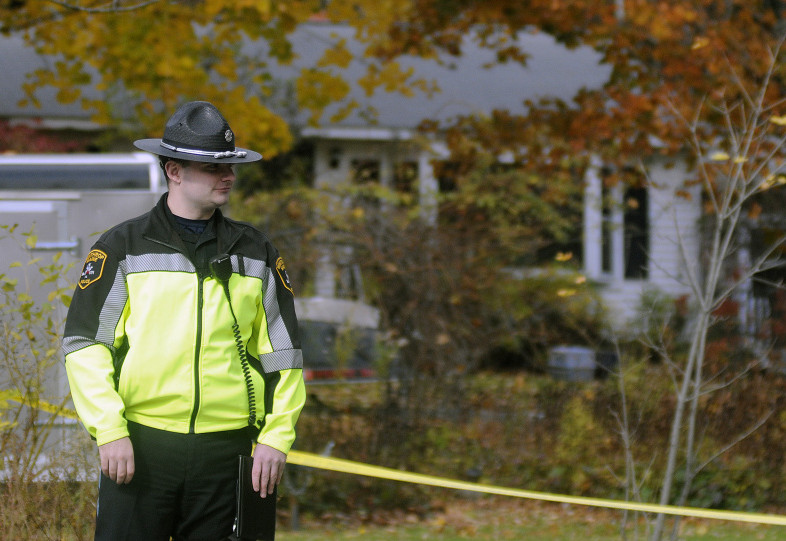

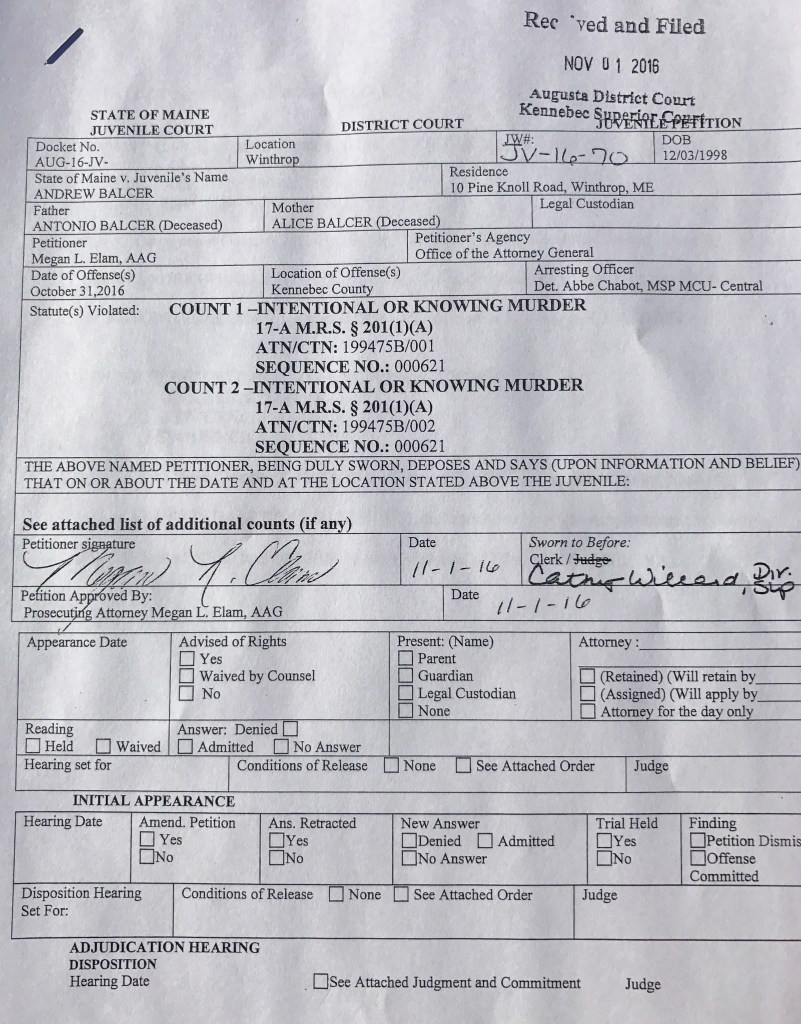
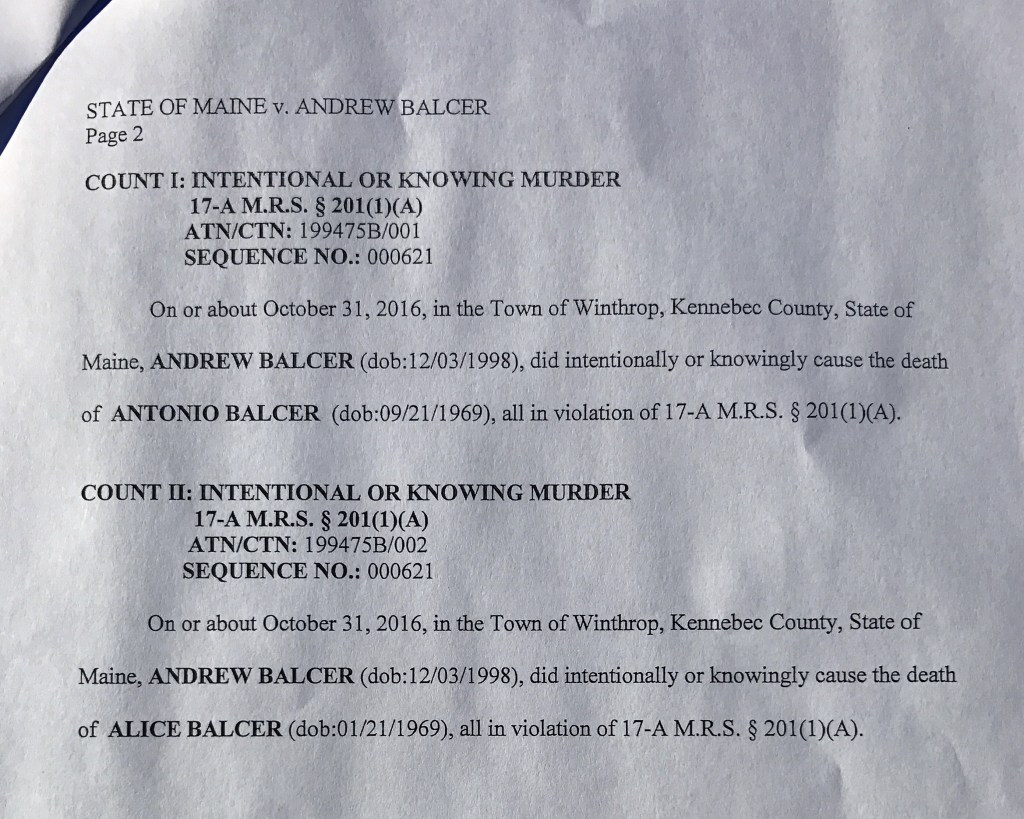

Comments are no longer available on this story